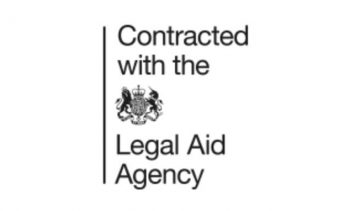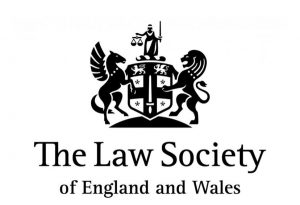Are you considering creating mutual wills with your spouse or partner? While it may seem like a straightforward solution to ensure your estate is distributed according to your shared wishes, mutual will come with significant drawbacks that could lead to unintended consequences and legal disputes down the line.
At Adel Jibs & Co Solicitor, we are here to guide you through the complexities of mutual wills and help you make informed decisions.
What are Mutual Wills?
Mutual wills are created by two individuals, usually a couple, who agree to make identical or similar wills that cannot be revoked without the other’s consent. This effectively creates a binding contract between the two parties.
Mutual Wills vs. Mirror Wills: Understanding the Difference
Many couples opt for mirror wills, which are similar to mutual wills in that they are created by two individuals with identical terms. However, the crucial difference is that mirror wills can be changed independently by either party in the future, while mutual wills cannot.
The Risks and Limitations of Mutual Wills
While mutual wills may seem like a good way to ensure your estate is distributed according to your joint wishes, they come with significant risks and limitations:
1. Inflexibility: Once one party dies, the surviving spouse is bound by the terms of the mutual will and cannot make changes to accommodate evolving relationships or circumstances.
2. Disputes over validity: As recent cases demonstrate, disputes can arise over whether mutual wills were validly executed, particularly regarding the clarity of the agreement and the presence of undue influence.
3. Undue influence: The court in Naidoo v Barton [2023] EWHC 500 (Ch)1 applied the Etridge test for undue influence in mutual wills cases, which presumes undue influence in relationships of trust and confidence where a transaction calls for an explanation.
4. Insufficient agreement: In McLean -v- McLean [[2023] EWHC 1863 (Ch), the court found that there was not a sufficiently clear agreement for the wills to be considered mutual, highlighting the importance of explicit language in creating mutual wills.
Key Considerations:
- Explicit Language is Essential If you are considering creating mutual wills, it is crucial to use unambiguous language to avoid future disputes over their validity. Our experienced solicitors in Enfield, London, will ensure that your mutual wills are drafted with the utmost clarity, leaving no room for misinterpretation.
- Understanding Undue Influence When advising on mutual wills, solicitors must apply the Etridge test for undue influence rather than the standard probate test. This test presumes undue influence in relationships of trust and confidence where a transaction requires explanation. At Adel Jibs we are well-versed in the Etridge test and will provide clear guidance on the implications of undue influence in mutual wills.
- Recognising the Limitations of Mutual Wills While mutual wills may seem appealing, it is essential to understand their significant limitations. By entering mutual wills, you are effectively surrendering your testamentary freedom, as you will be unable to update your will in the future without the other party’s consent. This can be particularly problematic if one party passes away, leaving the surviving party bound by the terms of the mutual will regardless of changing circumstances.
Please note that the information provided in this article is for general guidance purposes only and should not be considered legal advice.
To schedule a consultation with one of our estate planning solicitors, please contact us today. Remember, this article is for informational purposes only and should not be relied upon as legal advice.


